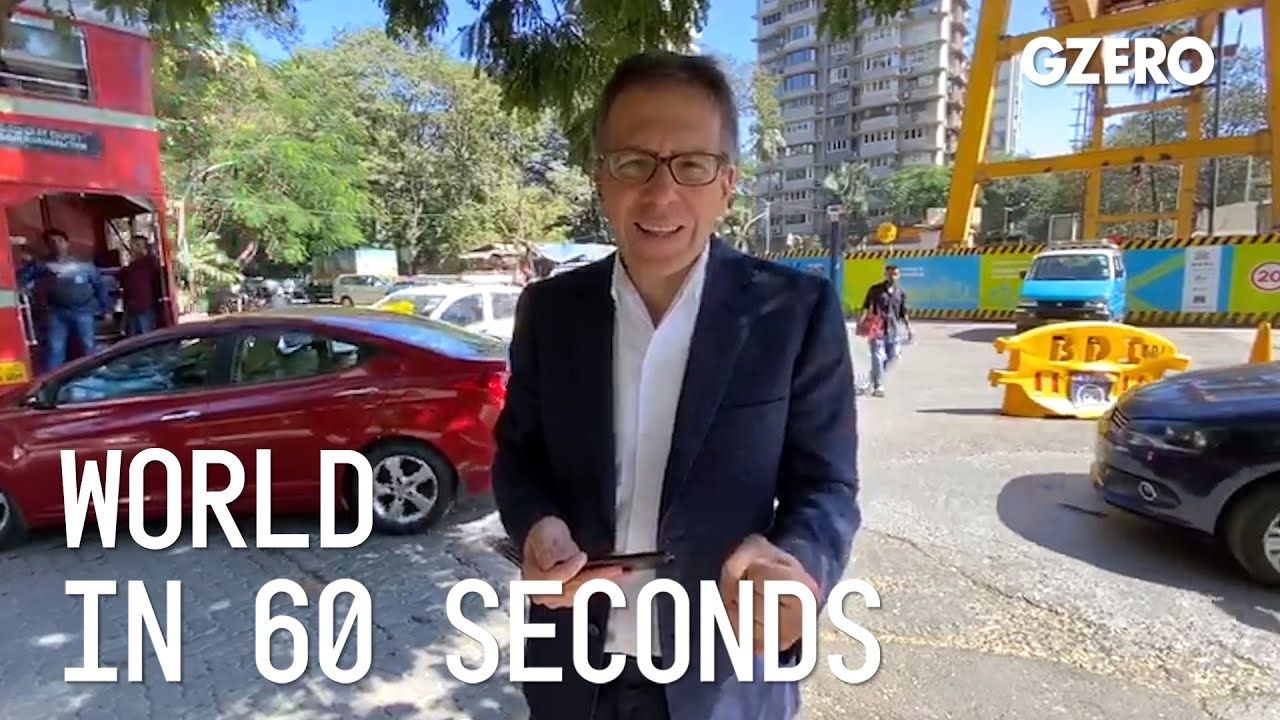
Ian Bremmer joins us from Mumbai to provide his analysis on the news of the day in global politics:
Is Prime Minister Modi weakened by ongoing social protests?
Absolutely is. They're losing states, the BJP. You know, I mean it is absolutely true that there is strong anti-Muslim sentiment here. But there are also a lot of people among Hindus and in the opposition parties that see an opportunity to rebuild as a consequence. And with the economy doing worse, both those things are hurting him.
The Russian government just resigned. What's going on?
Putin is going to be the leader forever. And his popularity is also decreasing, he's making sure that he's not gone in 2024.
Who are the winners and losers in the Democratic debate?
I mean, the big winner actually has got to be Biden, right? Because, I mean, despite the fact that he continues to have kind of lackluster debates, nobody else is really challenging him. So even though everyone is still in the mix, Biden is still number one. And the fact that Warren and Sanders are hitting each other certainly doesn't help either of them at this point. We still could have though, a brokered convention. And anyone's guess. Who the hell knows, it's 2020.